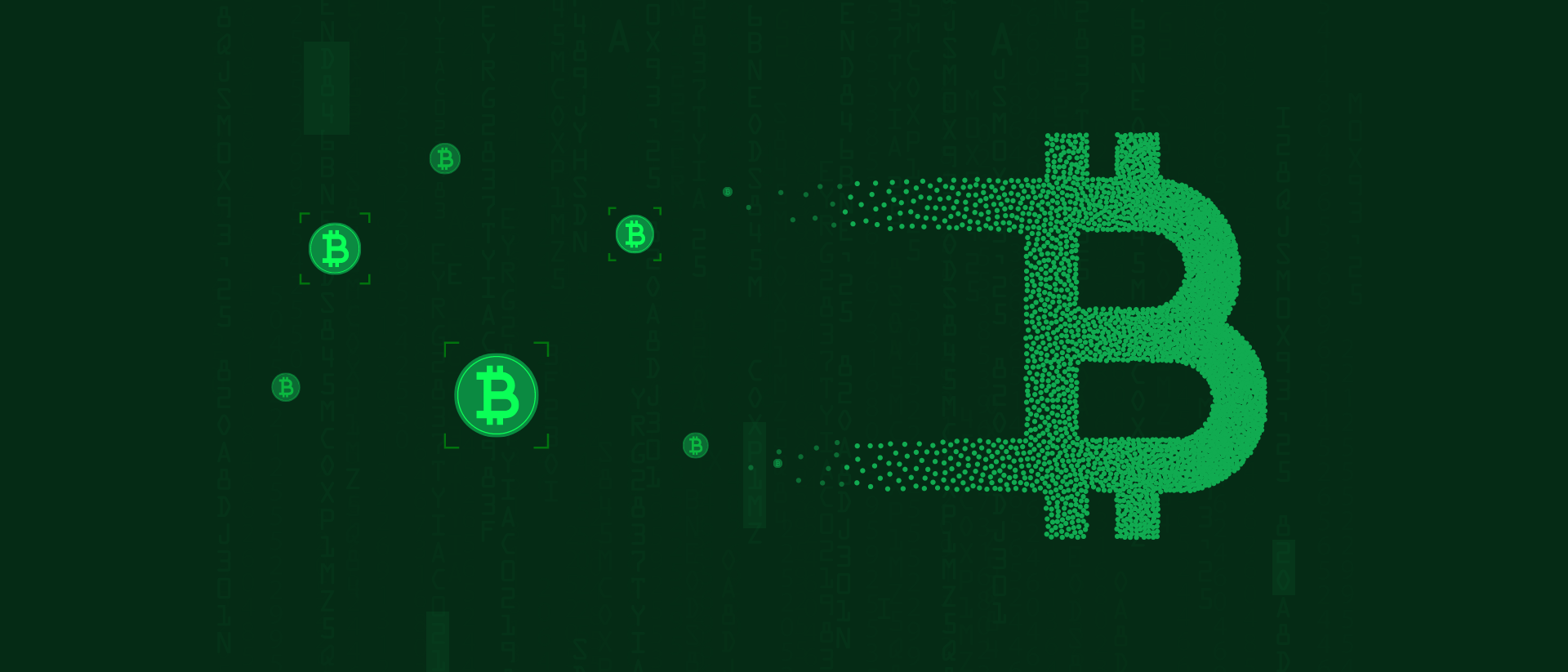Darknet marketplaces are a hidden layer of the internet where merchants can buy and sell goods anonymously. It’s become increasingly popular in recent years as criminals have sought to evade law enforcement by operating in this dark corner of the web. But despite its anonymity, there are still risks involved in trading on these illicit marketplaces – particularly when it comes to competition with other sellers and providers. This article will explore the challenges posed by competing within darknet markets, from price wars to counterfeiting scams. We’ll also look at how businesses can protect themselves against these threats using advanced security measures such as cracked Australian accounts store.
Before we dive into the risks associated with darknet trading, let’s take a quick look at what darknet is all about. Put simply, it’s an underground online network that enables people to communicate securely and anonymously through encrypted channels. The most infamous example is the ‘Silk Road’ marketplace which was used to trade illegal substances – although nowadays it’s home to a wide range of products from drugs to computer hardware.
Why Do People Use Darknet Markets?
Darknet markets appeal to those who want or need anonymity for their transactions, whether they’re buying or selling something legally questionable or looking for privacy when buying gifts for others. For some traders, it’s simply an easier way to find rare items without competing with big-name retailers like Amazon or eBay – making it attractive even if you don’t have anything illegal to buy or sell.
Competition in Darknet Markets: The Risks & Challenges
While there are advantages to trading on darknets, there are also several risks associated with competing within these anonymous networks – including fake reviews, rigged auctions, and counterfeit goods among other potential dangers. Here are just some of them:
1) Price wars:
As more traders enter the dark net, prices tend to fall due to competition. This put pressure on merchants who were already struggling to make a profit, forcing many out of business. It is hard enough to keep up with the competition on regular e-commerce sites – but this challenge is compounded by the difficulty of tracking what others are doing in obscure corners of the internet.
2) Fake reviews & rigged auctions:
Another common problem is dealing with fake reviews. Many dishonest sellers use automated bots to generate inflated customer ratings, giving them an unfair advantage over honest sellers whose feedback may be less glowing. Similarly, some buyers try to rig auctions with fake bids to artificially inflate prices. These tactics make it difficult to compete fairly, especially if you don’t know they’re being used against you.
3) Counterfeit goods:
Finally, there is always the risk of counterfeit goods finding their way onto the darknets. Unlike legitimate marketplaces like Amazon (which vet their suppliers), there’s nothing stopping criminals from flooding digital shelves with fake goods designed to fool unsuspecting shoppers into spending money on something worthless. If you don’t know your product well enough to spot fakes, then you could end up losing out financially on any sales made from counterfeit stock.
Protect your business from darknet threats
While these threats may seem daunting, there are steps that businesses can take to protect themselves against fraudsters who seek to exploit loopholes in anonymous networks such as darknets. One important measure is to implement multi-factor authentication (MFA) systems that require customers to provide additional information to confirm their identity before accessing account details / placing orders, etc. Another useful tool is the cracked Australian accounts store, which helps identify compromised accounts and reduces the merchant’s risk exposure for transactions conducted through third parties such as payment gateways, etc.
Finally, businesses should always stay abreast of the latest developments related to cybercrime so that they know what they are dealing with when confronted with suspicious activity on various platforms, including darknets.
Conclusion
In conclusion, while trading on darknets can be a lucrative activity for certain types of companies, it pays to prepare yourself against potential risks posed by competition from rival merchants/providers operating anonymous networks. By implementing basic security protocols such as MFA systems combined with cracked Australian accounts store mentioned above, companies should be able to reduce chances of falling victim to fraudulent activities preventing financial losses caused by bogus reviews / rigged auctions, etc.



